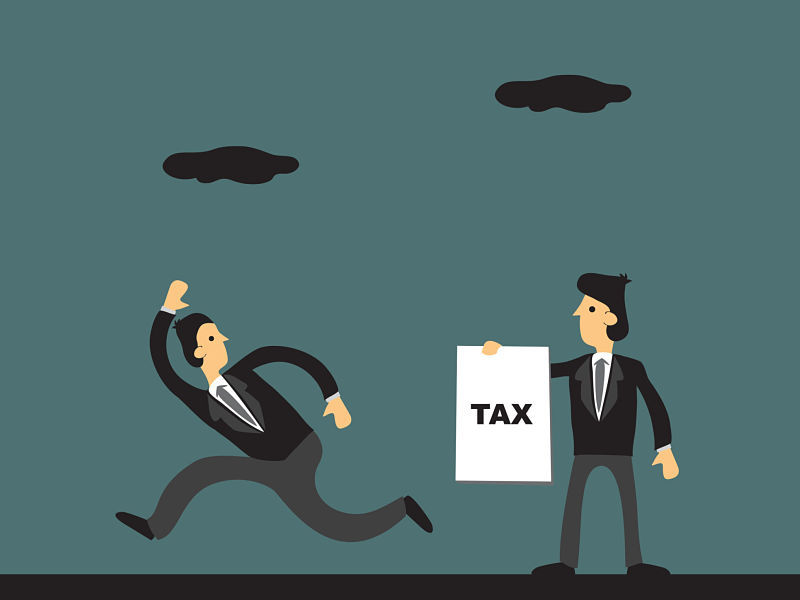
Canadian small businesses will unfairly shoulder the burden of the federal government’s carbon backstop plan, according to the Canadian Federation of Independent Business (CFIB).
Small businesses, municipalities, universities, school boards and hospitals will contribute almost 50% of carbon tax revenues, but will only receive about 7% back as rebates and grants, the CFIB says. As such, the advocacy group says a majority of small businesses (87%) in Saskatchewan, Manitoba, Ontario and New Brunswick oppose the plan, set to come into effect in April in those four provinces.
Many small business owners agree generally with a carbon tax, but oppose the plan’s current structure, in which the majority of rebates are allocated to households, the CFIB says.
“With consumers receiving 90% of the ‘Climate Action Incentive’ payments and many large emitters receiving carbon tax exemptions, small businesses are left holding the bag,” CFIB president Dan Kelly said in a statement.
The government’s position is that small businesses should pass on the added costs to consumers, Kelly said, but 80% of small firms say they’ll be able to pass on less than one-quarter.
“In fact, over half of small firms said they will have to eat the entire new cost, on top of the seven years of CPP premium increases already underway,“ he said.
The CFIB says the majority of small businesses (84%) are already taking steps to reduce their carbon footprint, and the added financial strain will, paradoxically, make it harder for those companies to invest in sustainable practices.